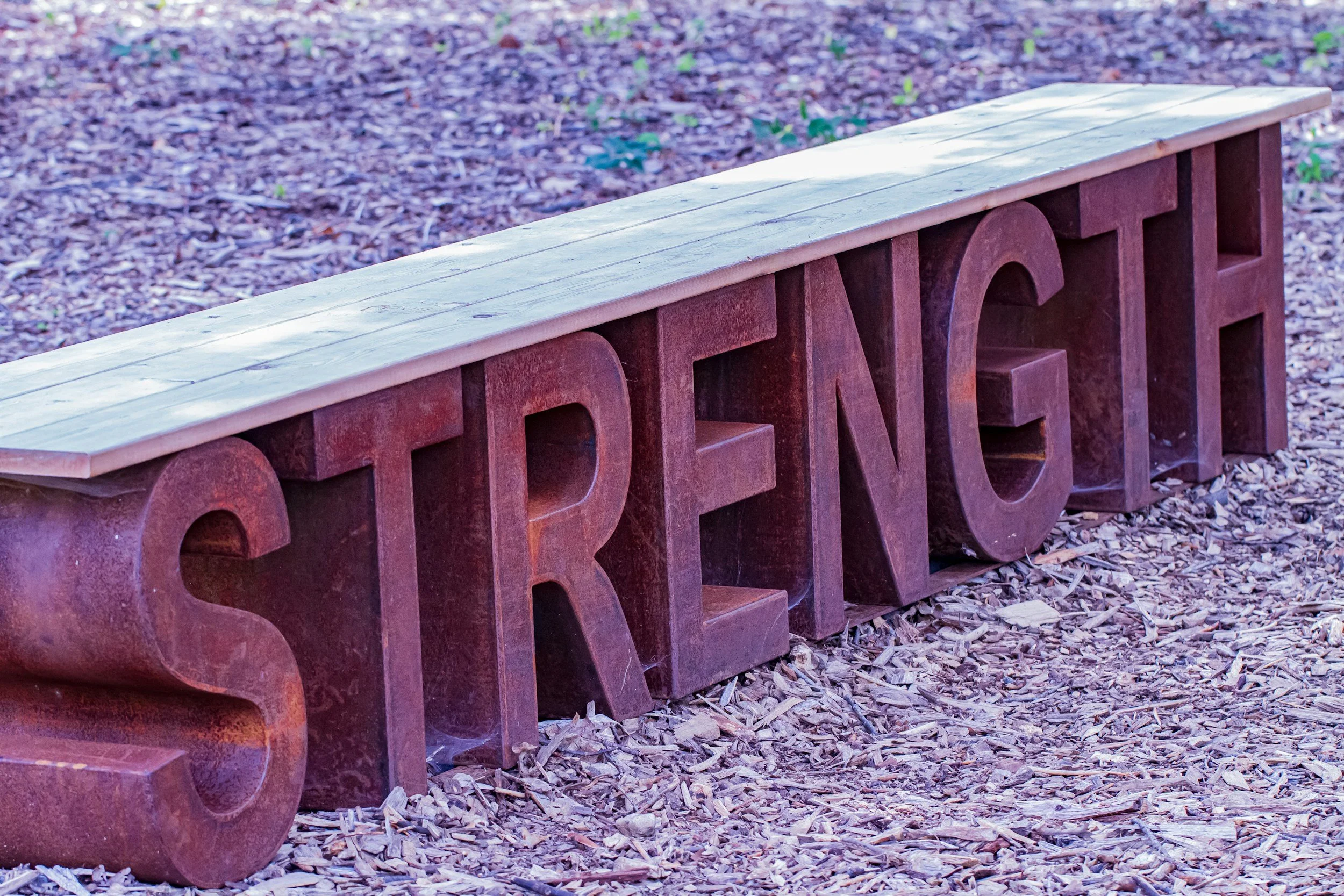The Hidden Stress of Always Being the Strong One
We all know that person — the one who seems to hold everything together. The dependable friend who listens to everyone’s problems. The colleague who never drops the ball. The parent, partner or sibling who always has the right words and the steady hand when things get tough.
If that person is you, this piece is for you.
The Myth of the Strong One
Strength is often praised as a virtue. We grow up hearing that resilience, grit and composure are marks of maturity — that if you can carry more, you should. But somewhere along the way, many people learn that being strong means suppressing their own needs.
You tell yourself, I’ll deal with that later, Other people have it worse, or I just need to keep going.
Over time, those small acts of emotional self-denial become part of your identity. You’re the rock. The reliable one. The one who copes. And when that identity feels non-negotiable, it’s incredibly hard to admit when you’re struggling.
The truth is, emotional strength isn’t about how much you can carry. It’s about knowing when to set something down.
The Hidden Toll of Constant Composure
When you’re always “on,” your nervous system rarely gets a break. You might not notice it at first — a few restless nights, a short fuse, a body that feels permanently tense. But chronic stress doesn’t just live in your mind; it embeds itself in your body.
You may experience:
A sense of exhaustion that rest doesn’t fix
Frequent headaches or muscle tightness
Difficulty concentrating or feeling present
Heightened anxiety or irritability
A loss of joy in things that once felt meaningful
What’s tricky about this kind of stress is that it hides behind competence. From the outside, you look fine — you might even appear thriving. But underneath, your system is in overdrive.
Why It’s So Hard to Let Go
For many people who identify as “the strong one,” letting go of that role can feel almost threatening. There’s often a deep fear that if you stop holding everything up, everything will fall apart.
Maybe you learned early that other people’s stability depended on you — perhaps as a child in a chaotic home, or in adult relationships where you took on more than your share of emotional labour.
Or maybe your strength became your currency. It’s how you earn approval, connection, or even love.
So even when the pressure becomes too much, your instinct is to double down. You tell yourself that needing help is weakness, when in fact, it’s an honest expression of humanity.
When Strength Turns Into Self-Neglect
One of the most painful patterns in chronic “strength” is how easily it morphs into self-neglect. You prioritise everyone else’s wellbeing, but your own needs never make the list.
Over time, this imbalance can show up in quiet but powerful ways:
You struggle to say “no” even when you’re at capacity
You feel resentful, but guilty for feeling that way
You crave rest or care, but don’t know how to ask for it
You feel disconnected from your own emotions, unsure what you even need anymore
This is what counsellors often call compassion fatigue — the emotional exhaustion that comes from giving more empathy than you receive. It’s especially common among caregivers, leaders, parents, and anyone in helping professions.
Re-Defining Strength
What if strength wasn’t about how much you can carry, but about how honest you can be with yourself?
Real resilience involves flexibility — the ability to bend without breaking, to pause without quitting, and to reach out when you need to.
You can start to re-define strength by:
Allowing yourself to feel – Notice when you’re sad, angry, or depleted, without rushing to fix it.
Practising boundaries – Saying no doesn’t make you unreliable; it makes you sustainable.
Letting others in – Vulnerability invites connection, not pity.
Listening to your body – Physical tension, fatigue or anxiety are all signals that you’ve gone too long without tending to yourself.
These might sound simple, but for someone used to always being “the strong one,” they can feel revolutionary.
The Role of Counselling in Unlearning Over-Functioning
For many people, breaking out of this pattern takes support. Talking with a counsellor provides a space where you don’t have to be “on.” You don’t have to manage anyone else’s feelings or maintain the image of having it all together.
In stress management counselling, the focus isn’t just on reducing symptoms — it’s about exploring the deeper patterns that keep you in constant overdrive. You might unpack:
Where your sense of responsibility comes from
Why setting boundaries feels unsafe or selfish
How to recognise your body’s early warning signs of stress
What rest, balance and care could realistically look like for you
A counsellor can also help you develop practical strategies to calm your nervous system — things like grounding techniques, mindful breathing, or building small rituals of rest into your day.
Over time, you learn that letting someone help you isn’t weakness — it’s balance.
Finding Help for Stress Management
If you’ve spent years being the strong one, you might not even know who you are without that role. That’s okay. It takes time to unlearn the habits of emotional over-functioning — and you don’t have to do it alone.
Working with a counsellor who understands chronic stress can help you rediscover what balance and ease actually feel like.
If you’re ready to begin that process, consider Stress Management Counselling at The Counselher — a safe, compassionate space to put some of the weight down and start taking care of you.
If you feel like you could benefit from counselling, contact Sami or book a session using the button below.

